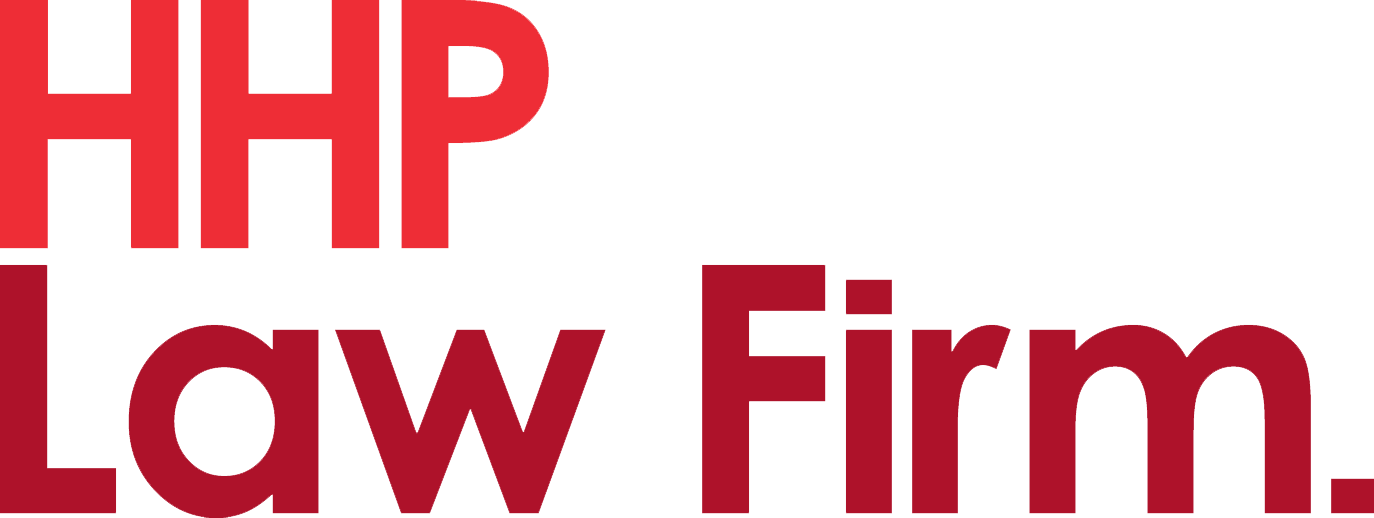Key changes
1. NIB as API: Conversion and cancellation procedures
-
Conversion of NIB (API-U to API-P)
Selecting an API type in the OSS system is a self-assessment process during the business license application. In some cases, an importer may initially choose an API type that does not align with its business activities. For example, a company might first select API-U but later expand its operations to include industrial services or manufacturing. To address this, the MOT has introduced a mechanism under MOT Regulation No. 16 of 2025 that allows conversion from API-U to API-P.
Under MOT Regulation 37/2025, importers can now convert their NIB from API-U (general importer) to API-P (producer importer) under broader and clearer conditions. Conversion is allowed if the importer either does not hold an Import Business License, “Surat Keterangan”3 or Surveyor Report, or holds such documents but is not currently realizing imports. Particularly, the Surat Keterangan was not explicitly stipulated under previous regulations. The process requires electronic statements and validation through the OSS and INATRADE systems.
-
Cancellation of API
As noted above, selecting an API type in the OSS system is part of a self-assessment process during the business license application. In some cases, an importer may initially choose an API type that does not align with its business activities.
Article 8A of MOT Regulation 37/2025 allows importers to submit a cancellation request for an API under strict conditions, with the provision applying only once. This means that once an API is revoked, it cannot be reinstated. Therefore, importers considering this option should carefully evaluate the implications before proceeding.
Importers must submit electronic statements via OSS, including the reason for cancellation, confirmation that no imports are being realized, and for API-P, a commitment that imported goods will not be traded or transferred. The process is validated electronically through INATRADE and automatically cancels any related import licenses.
The new article also clarifies the treatment of goods already imported under API-U or API-P before a change or cancellation. For instance, goods under API-U can still be traded, while goods under API-P cannot be traded or transferred (whether before or after the cancellation of the API-P), and this restriction is now explicitly enforced.
2. New data requirements for surveyors' reports
-
Mandatory data elements for verification reports
Surveyors' reports must now include new data elements to ensure traceability and compliance. Previously, these elements were the report number and issuance date, tariff classification (harmonized system code), quantity and unit of goods, and the destination port (except for reports issued in KPBPB4, KEK5, or TPB6).
Under the new regulation, for verifications conducted in KPBPB, the report must state the loading port. Meanwhile, for those in KEK or TPB, the report must specify the name and address of the respective zone.
3. Investment-related imports
-
New import policy for investment-related goods
Before MOT Regulation 37/2025 took effect, imports for investment purposes were exempt from import restrictions for certain goods. These goods included textiles, carpets, floor coverings, finished textile products, electronics (including mobile phones, handheld computers, tablets), cooling system-based electronics, certain industrial goods and consumer goods.
This exemption applies only to goods shipped before 5 November 2025 (based on the Bill of Lading/Airway Bill date) and arriving at the destination port no later than 3 February 2026 (based on manifest BC.1.1).
However, starting 5 November 2025, imports for investment purposes are now subject to import restriction requirements under MOT Regulation 37/2025.
Restricted goods include textiles and garments, batik fabrics, agricultural and livestock products, salt, fishery products, chemicals, hazardous materials, mining products, electronics, color copiers/printers, used goods, non-B3 waste and others listed in the regulation.
4. Transitional provisions
-
Grace period for certain imports
Goods shipped before the new regulation’s effective date and arriving within 90 days after the effective date are subject to previous rules, provided documentation is complete.
-
Stricter controls
Surveyor verification and reporting requirements are tightened, with electronic integration and single-use limitations to enhance traceability.
-
Clarity on investment imports
Importers will have to follow import requirements when bringing in investment-related goods, since exemptions are no longer allowed. This could mean additional costs and longer processing times, so importers should plan carefully and make sure they meet all requirements.
Key takeaways
MOT Regulation No. 37/2025 introduces several changes to Indonesia’s import regulatory framework, focusing on electronic integration, procedural clarity, and expanded exemptions for non-business imports. Importers should:
- Review import strategies.
- Ensure compliance with new electronic processes.
- Consult legal or trade advisors to navigate updated requirements.
1 Nomor Induk Berusaha
2 Angka Pengenal Impor
3 Surat Keterangan is an official document issued by the Ministry of Trade confirming approval for exceptions to import regulations or for imports intended for specific purposes.
4 Kawasan Perdagangan Bebas dan Pelabuhan Bebas
5 Kawasan Ekonomi Khusus
6 Tempat Penimbunan Berikat
* * * * *
Nandina Kusumaningrum, Trade Specialist, has contributed to this legal update.

© 2025 HHP Law Firm. All rights reserved. In accordance with a common terminology used in professional service organizations. reference to a "partner" means a person who is a partner, or equivalent in such a law firm. Similarly reference to an "office" means the office of any such law firm. This may qualify as "Attorney Advertising" requiring notice in some jurisdictions. Prior results do not guarantee a similar outcome

